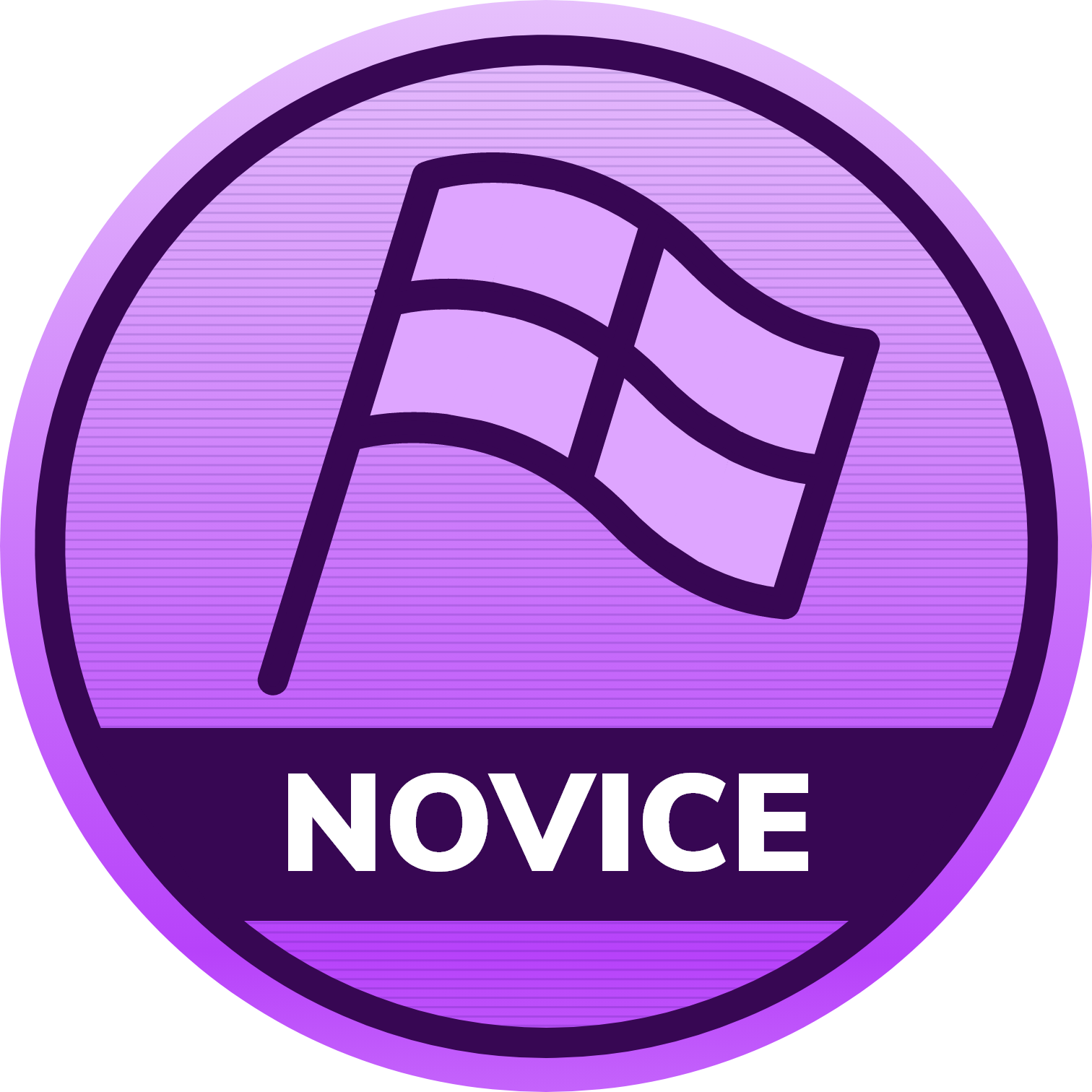I’ve always used Sleep mode on my windows laptop, but recently came across something saying hibernate is better if you’re stepping away for longer. What’s the actual difference between the two?
Sleep v/s HibernateSolved
 877 Views
877 Views
Tags
Replies (5)
Good question! Think of Sleep as pausing your session. Your laptop stores everything in RAM and goes into a low-power state. It still draws a bit of battery, but you can resume your work almost instantly. Hibernate, on the other hand, saves everything to your hard drive or ssd and completely powers off the device. No battery drain, but it takes a bit longer to start back up.
Sleep is best when you’ll be back soon, maybe during a lunch break or while moving between meetings. Hibernate’s great if you’re done for the day, commuting, or won’t use your laptop for a while. It’s safer for battery life, especially on laptops. And with today’s SSDs, waking up from hibernate is faster than it used to be.
Got it. So, if I’m tossing my laptop into a backpack for the weekend, hibernate’s the safer choice?
Yes. If your laptop sleeps and the battery drains fully while in your bag, you could lose unsaved work. Hibernate avoids that risk by saving everything to disk and shutting down completely. Unlike a normal shutdown, it brings you back to the same session with all your apps and files still open, so you don’t have to start from scratch or wait for a full boot-up.
Also, if you don’t see Hibernate in your power options, you can enable it via Command Prompt using powercfg.exe /hibernate on. It’s worth having as an option for longer breaks.



